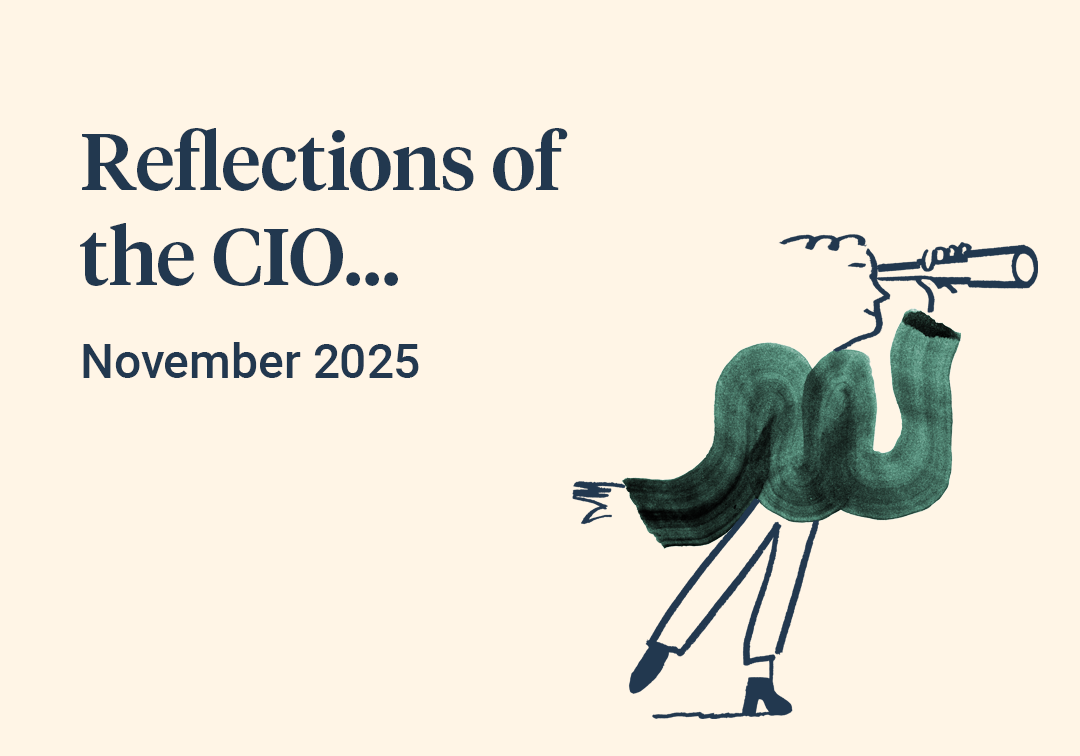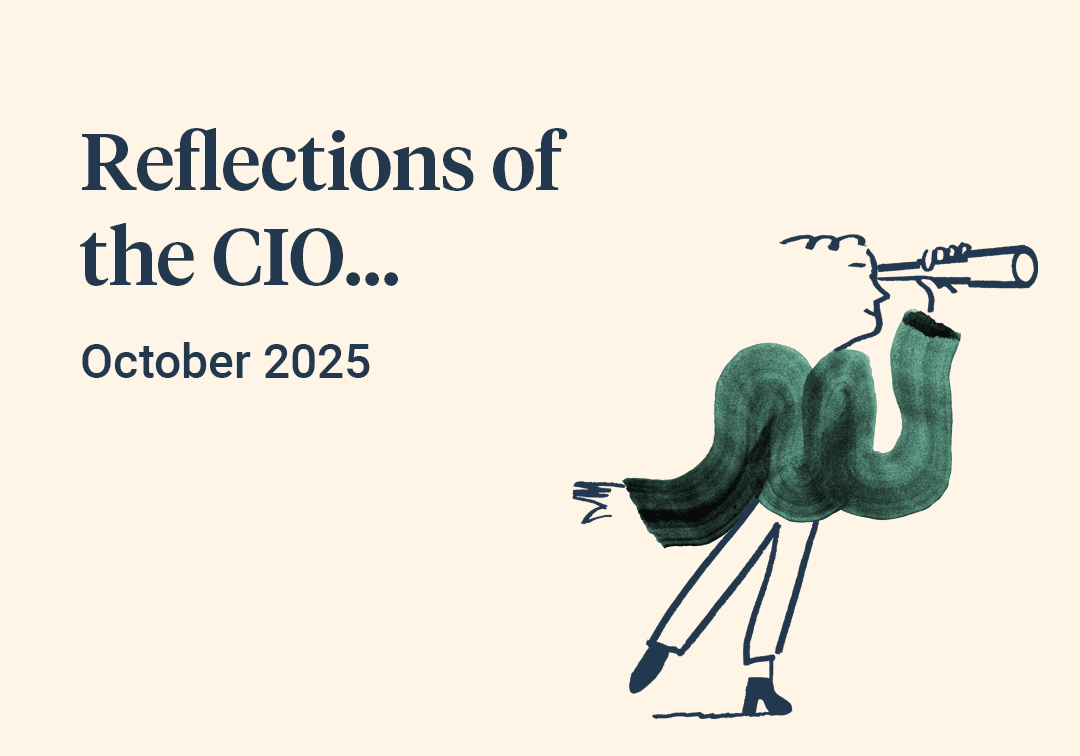Coronavirus fears spark steep falls in riskier assets
A solid start to the year was brought to a juddering halt in the last week of February as investors sharply reassessed the risks posed by the spread of the coronavirus. As news of outbreaks in Italy and Iran began to sink in, the belated acknowledgement that this really was a global rather than a local issue, prompted a swift and aggressive re-pricing of all assets around the world. Riskier equity, commodity and credit markets fell sharply as exposures were reduced, and cash was either parked or redeployed into safer assets such as government bonds or gold. By the end of last week, the year to date returns of the UK stock market was around the -12% mark. Gold was up +9.5% and UK government bonds around +4.8%. From an investment perspective, the arrival of coronavirus was particularly unfortunate timing. Last year was a sluggish one for economic growth, prompting some hefty intervention from the world’s central banks who quickly and aggressively reversed policy in an effort to head off a possible global recession.
The resulting wave of cheaper money that entered the financial system pushed asset prices up to record levels in anticipation of an economic acceleration in 2020. There were tentative signs of this happening – hence the solid start to the year – until the viral outbreak arrived to put a very large dent in those aspirations.
“As we write, analysts, traders and investors are trying to work out the correct prices for assets”
As we write, analysts, traders and investors are trying to work out the correct prices for assets in a world where, for example, the Chinese economy has just been jolted from a +6% growth rate to -4% contraction for the first quarter (according to JP Morgan). Assessing the impact of such a shock is never easy and it becomes even more complicated when the rest of the world is at such an early stage in dealing with the epidemic. Faced with such a cloudy outlook and beginning from a record high starting point, it’s no surprise that optimism has evaporated and risk assets have fallen so quickly.



